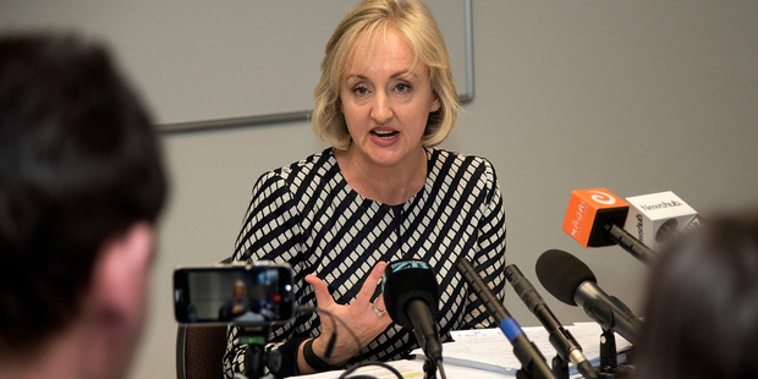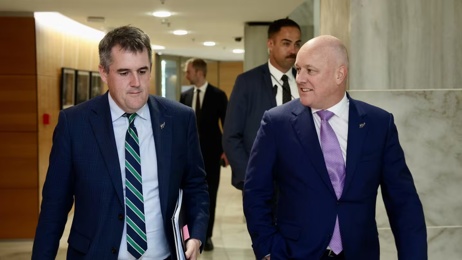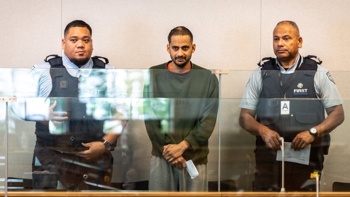
The government is set to scrap mandatory election broadcasts as it looks to move next year's campaigns from the airwaves to the internet.
Broadcasting Minister Amy Adams has announced the government will next week introduce a bill to remove a rule requiring political parties to have their opening and closing election broadcasts aired on TV and radio.
It will also allow them to spend their publicly funded broadcasting budgets on online media.
Currently, each party has to run a starting and closing ad during the election period in two prime-time slots on radio and TV.
"The addresses are an outdated format and declining audience numbers show they are not effective at engaging voters," Ms Adams said.
To make up for the lost air time, the government would increase the budget for broadcast funding by $750,000 - to a total of $3.6 million, she said.
"This offsets the removal of around two hours of television time, and two hours of radio time, for the opening and closing addresses."
The new bill would also mean Radio New Zealand and TVNZ wouldn't have to give those slots up for free.
Ms Adams said the current rules, which meant online advertising could only be paid for by parties' own campaign funds, no longer reflected how information was spread.
"I hope that by giving parties more flexibility in how they communicate their messages, more voters will engage in the electoral process," she said.
The changes were recommended by a Justice and Electoral Select Committee review into the 2014 election.
Take your Radio, Podcasts and Music with you









